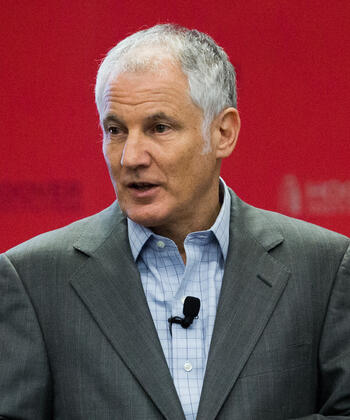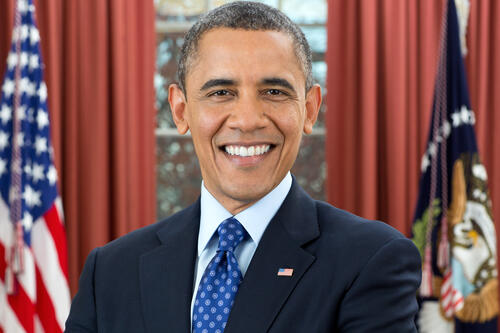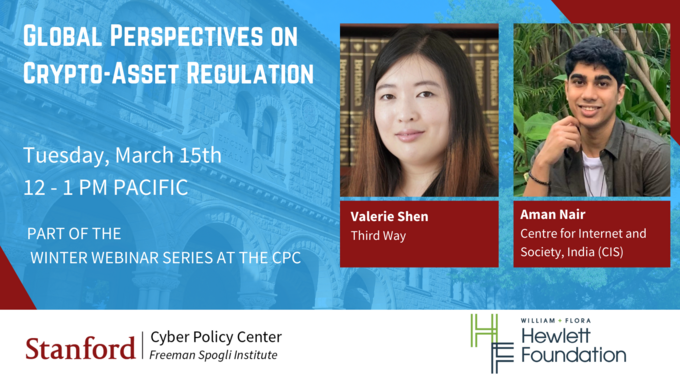Hitler, Stalin, and Mao ruled through violence, fear, and ideology. But in recent decades a new breed of media-savvy strongmen has been redesigning authoritarian rule for a more sophisticated, globally connected world.
In place of overt, mass repression, rulers such as Vladimir Putin, Recep Tayyip Erdogan, and Viktor Orbán control their citizens by distorting information and simulating democratic procedures. Like spin doctors in democracies, they spin the news to engineer support. Uncovering this new brand of authoritarianism, Sergei Guriev and Daniel Treisman explain the rise of such “spin dictators,” describing how they emerge and operate, the new threats they pose, and how democracies should respond.
Spin Dictators traces how leaders such as Singapore’s Lee Kuan Yew and Peru’s Alberto Fujimori pioneered less violent, more covert, and more effective methods of monopolizing power. They cultivated an image of competence, concealed censorship, and used democratic institutions to undermine democracy, all while increasing international engagement for financial and reputational benefits. The book reveals why most of today’s authoritarians are spin dictators—and how they differ from the remaining “fear dictators” such as Kim Jong-un and Bashar al-Assad, as well as from masters of high-tech repression like Xi Jinping.
Offering incisive portraits of today’s authoritarian leaders,
Spin Dictators explains some of the great political puzzles of our time—from how dictators can survive in an age of growing modernity to the disturbing convergence and mutual sympathy between dictators and populists like Donald Trump.
ABOUT THE SPEAKER
Daniel Treisman is a professor of political science at the University of California, Los Angeles, a research associate of the National Bureau of Economic Research, and a fellow at the Center for Advanced Study in the Behavioral Sciences (2021-2). His research focuses on Russian politics and economics as well as comparative political economy, including the analysis of democratization, the politics of authoritarian states, political decentralization, and corruption. A former lead editor of
The American Political Science Review, he has been a Guggenheim Fellow and a visiting fellow at the Hoover Institution (Stanford) and the Institute for Human Sciences (Vienna), as well as receiving fellowships from the German Marshall Fund of the US and the Smith Richardson Foundation. His book,
The Return: Russia’s Journey from Gorbachev to Medvedev (The Free Press 2011) was one of the
Financial Times’ “Best Political Books of 2011”. He is the editor of
The New Autocracy: Information, Politics, and Policy in Putin’s Russia (Brookings Institution Press 2018), and co-author of
Spin Dictators: The Changing Face of Tyranny in the 21st Century (Princeton University Press 2022).
At this time, in-person attendance is limited to Stanford affiliates only. We continue to welcome our greater community to join virtually via Zoom.












